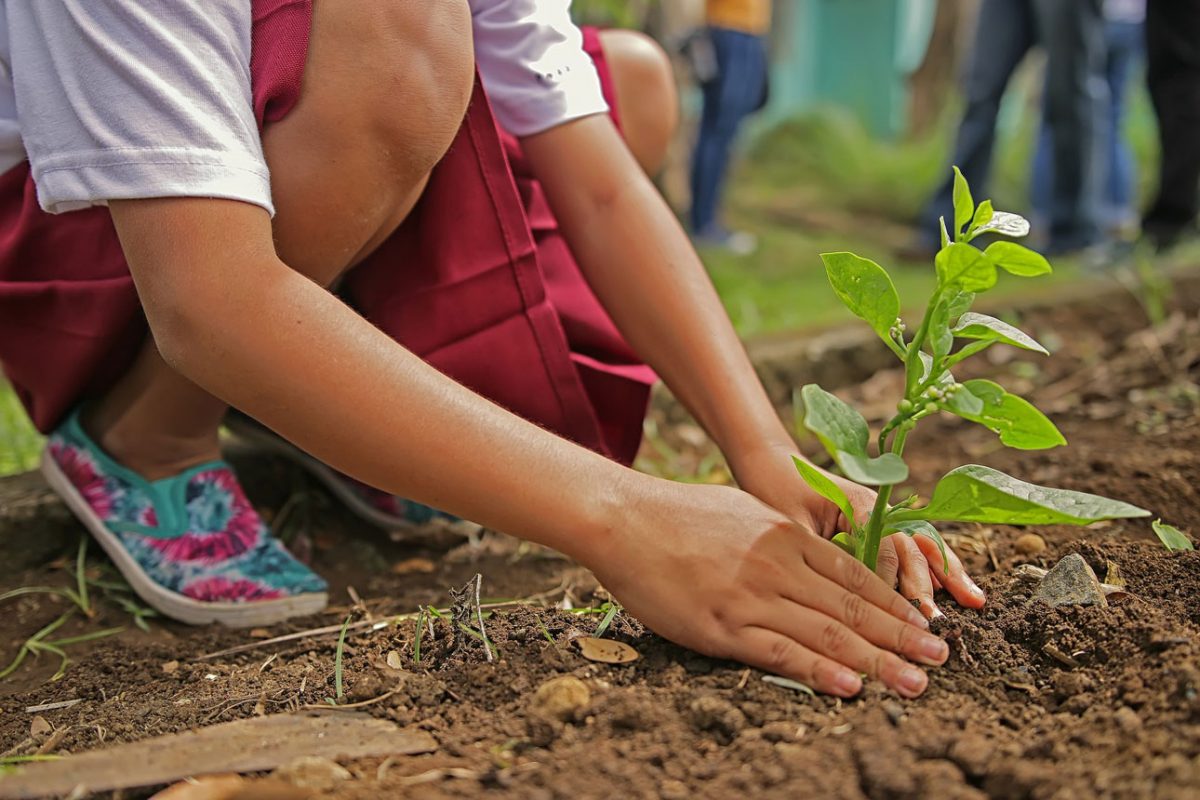Blog, News and Tips
Three Myths About Organic Gardening
You hear the words in the media, you see the products in the stores and you may even know a neighbor who practices it.
But what exactly is organic gardening?
Simply put, it means using only fertilizers or pesticides that are strictly of animal or vegetable, and not synthetic or chemical, origin.
And, although the term organic gardening has recently become a trendy buzzword, in fact, it is a concept and practice that has been in use since cultivation of land first began thousands of years ago. It is, essentially, the way it has always been done.
It was only when scientists in the mid-1800s began developing chemical fertilizers and pesticides that the collective mindset shifted toward accelerated growth of crops, more thorough and faster destruction of pests and weeds, and an increasing disregard for the environment.
But that trend is turning back, with numerous benefits, for agriculture and for the individual.
The average homeowner, with lawns and flower gardens to maintain, may feel mystified as to how or why he should implement organic practices, hindered in part by common misconceptions that have arisen:
Organic gardening is time consuming. In truth, organic methods needn’t take any more out of a busy schedule than non-organic methods. It may require a bit of research into the best products and techniques to use for a given set of problems, whether it be weeds, insect pests or just keeping a lawn bright green. But once established, an organic maintenance routine can be fast and efficient. Returning an environment to a more natural state can, before long, require less care and attention.
Organic gardening is expensive. As it has and continues to become more mainstream, the number of excellent organic products available has increased to offer a wide range of choices in soil enrichment, weed and moss control, and insecticides. More competition in the marketplace results in lower costs. But, in honesty, what price can be put on eliminating chemicals from one’s environment that are known to be harmful to the health and welfare of humans, pets and wildlife?
Organic gardening won’t make much difference. Perhaps results won’t be apparent at first, but breaking the synthetic and chemical gardening product habit brings a wealth of positive results. Switch to organic lawn care and soon see an increase in the number of songbirds stopping by, feeding and possibly nesting. The organic gardening concept also encourages introducing more native plants into the garden, which provide food sources for other wildlife, such as bees and butterflies and amphibians. Improving soil conditions, contributing to a safer water supply and the sense of satisfaction in living more responsibly toward the environment and mankind are all benefits to the individual who makes the commitment to garden organically.
A turning back toward organic gardening is as much philosophical as practical. It embraces ideals of simple living, healthy choices and a closeness to nature. And those are three truths everyone can benefit from.
Where to start? Your local garden center or nursery is a perfect place, where professionals familiar with organic materials and methods will gladly assist you to choose products to suit your needs. Just tell them you are ready to “go organic!”

